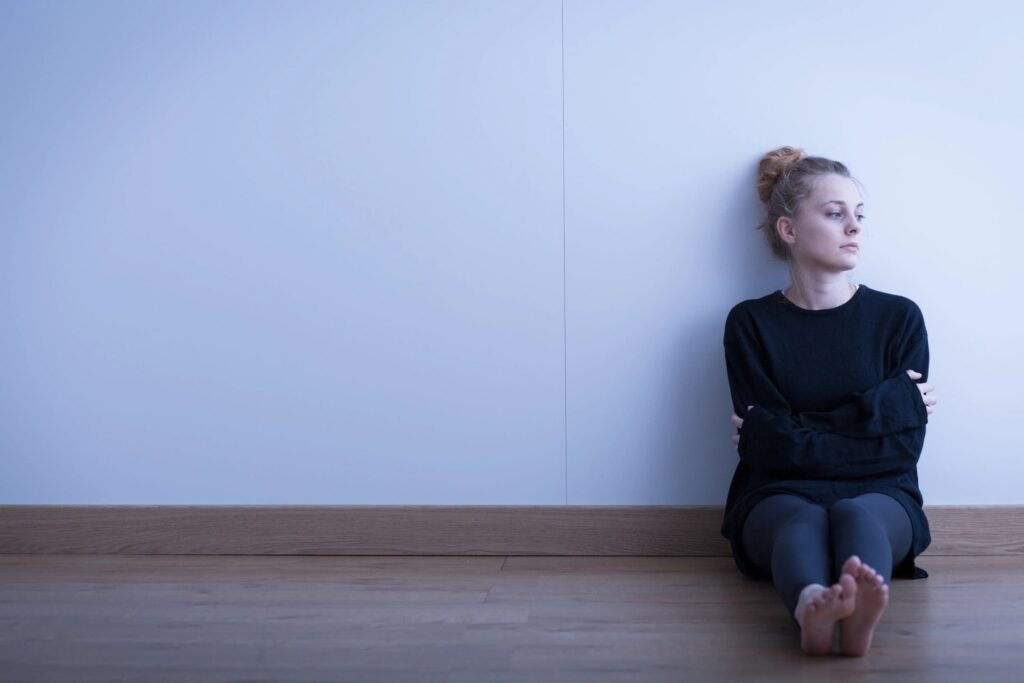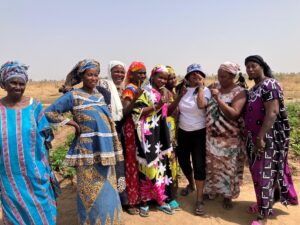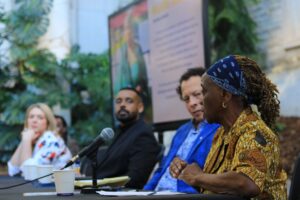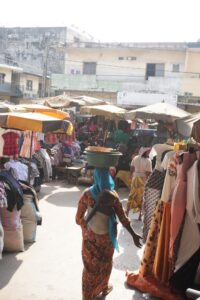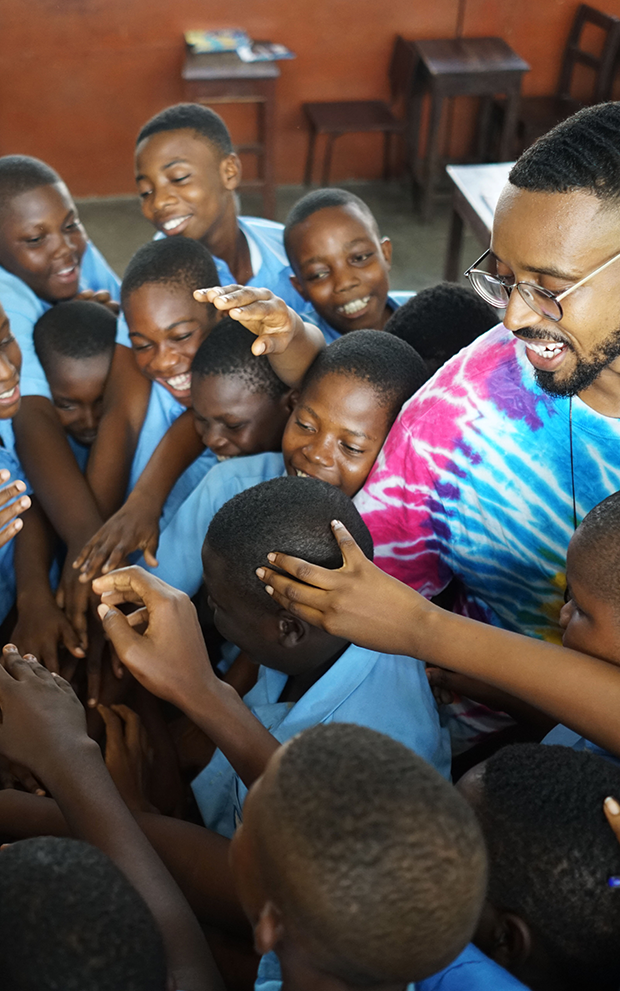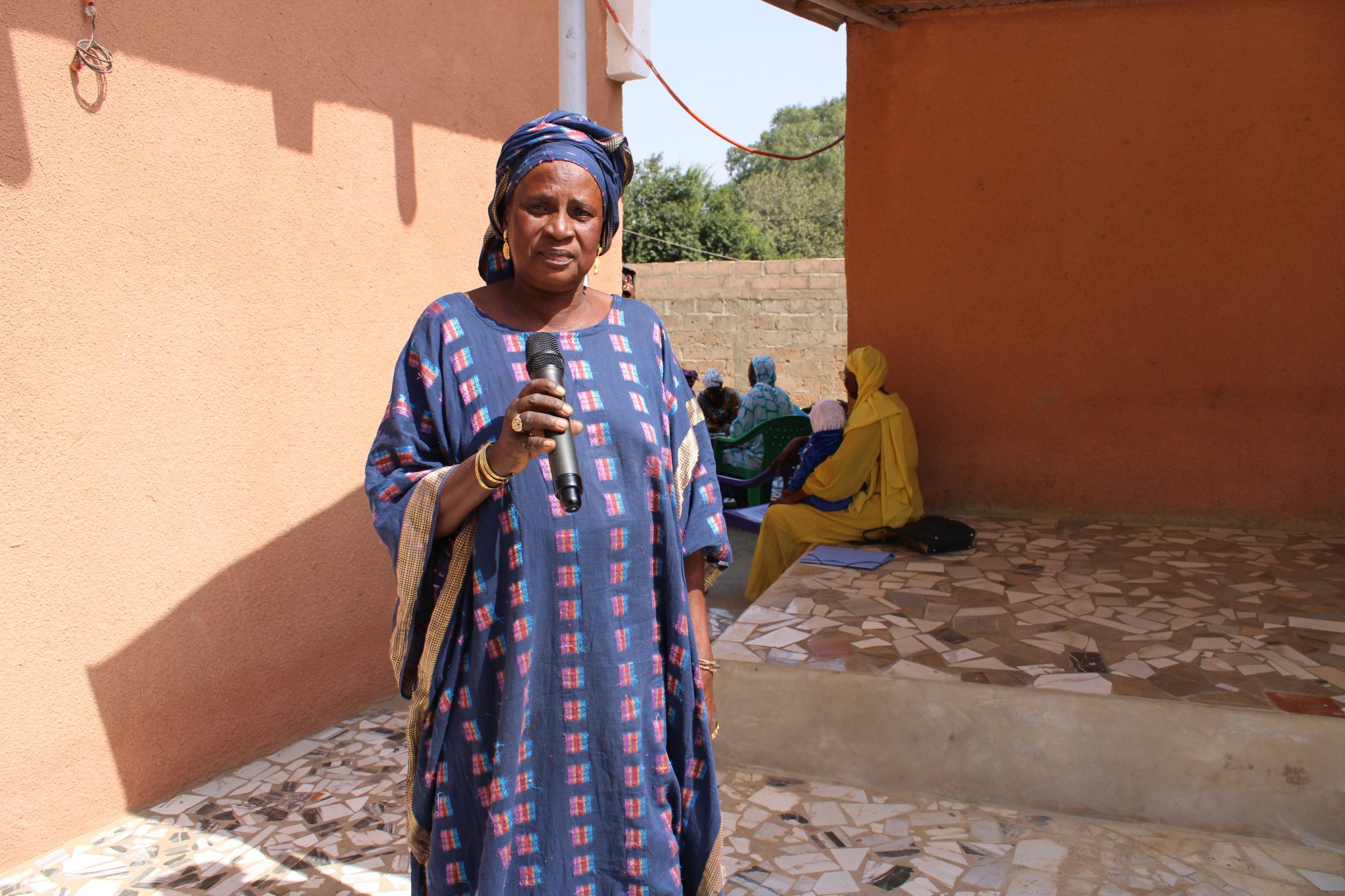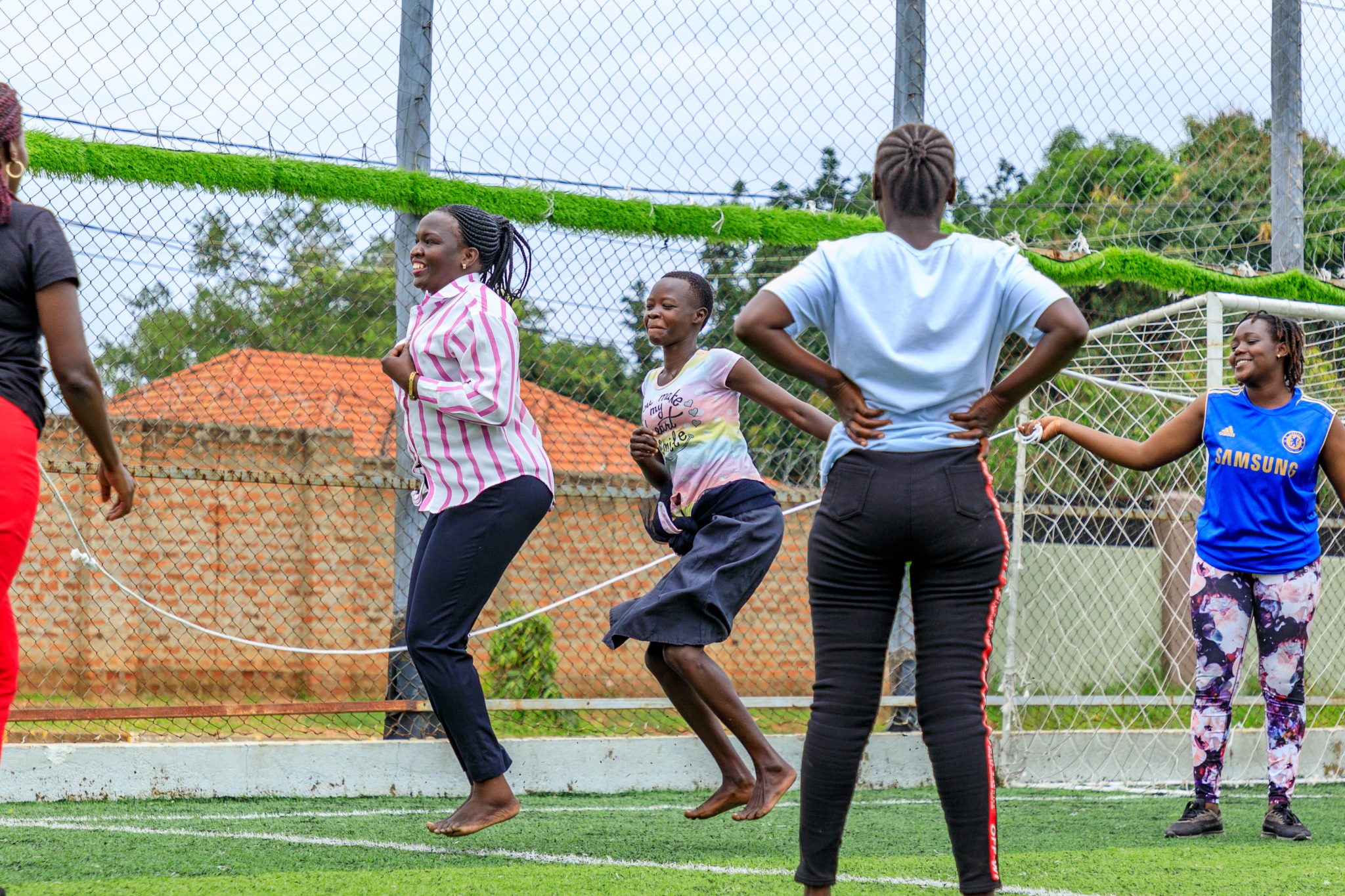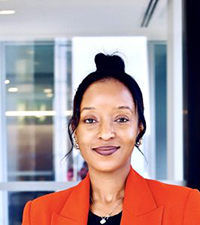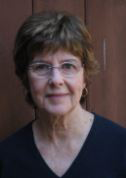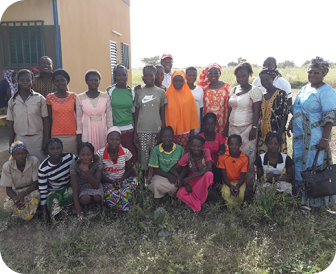When I saw the late-night amber alert I got a lump in my throat. The next morning brought the heartbreaking news. Riya Rajkumaran, an 11-year-old Brampton, Ontario girl, was dead, murdered, as we later learned, by her father.
Riya’s murder is not an isolated act in Canada. On average, every 2.5 days one woman or girl is killed in this country – a consistent trend for four decades, most often at the hand on an intimate partner or family member.
These chilling facts are painstakingly revealed in Call it Femicide a well-documented report released by the Canadian Femicide Observatory for Justice and Accountability (CFOJA) in January. The report paints a bleak picture of intimate partner and family violence, of the vulnerability of rural women, Indigenous women, and women of colour.

The CFOJA was established following a call from the United Nations for countries to “more comprehensively and accurately document gender-related killings of women and girls or femicide.” Their groundbreaking work also reflects on the Why? — the role of sexual jealousy and male proprietariness over their partner. Stalking, it turns out, is also a risk factor for intimate femicide.
Around the world, women face threats to their security, rights, and well-being. The World Health Organization reports globally, 1 in 3 women has experienced physical or sexual violence. Most of this violence is intimate partner violence. In fact globally, as in Canada, the most dangerous place for a woman is often in her own home, as 38% of murders of women globally are committed by a male intimate partner.
How violence against women is responded to also varies greatly where you live. The very concept of access to justice for survivors is too often beyond the reach for many women. And for victims like Riya and her mother, or the 148 women and girls who were killed in an act of gender-based violence last year in Canada, justice delayed, is justice denied.

This is why we must all raise our voices. Prevention of violence, addressing root causes and access to justice are key areas of focus for Crossroads International. Barriers to justice for women in the South are varied, from weak laws to insufficient resources to prosecute to cultural attitudes rooted in patriarchy that discourage reporting or investigating. A recent Court Watch initiative supported by WiLDAF Ghana and Crossroads volunteers in the country revealed only the most severe cases of abuse are prosecuted and that vast majority of these are adjourned or abandoned. But thanks to their thorough documentation, recommendations for improvements are being developed and shared with authorities by our local partners. In Tanzania, Crossroads’ volunteers are working paralegals to learn more about the law themselves so they can better support women in their communities to understand and assert their rights. In the last decade, Crossroads has reached more than 70,000 people through its access to justice program.
This is the potential we have when we raise our voice. That’s why, this International Women’s Day, we are asking women, what do you want? The right to live safe from violence? To choose your partners? To be listened to? To have democratic rights respected? To raise your child outside of poverty? To be free?
What would you say? Use #WhatWomenWant2019 and tell the world what you want.

